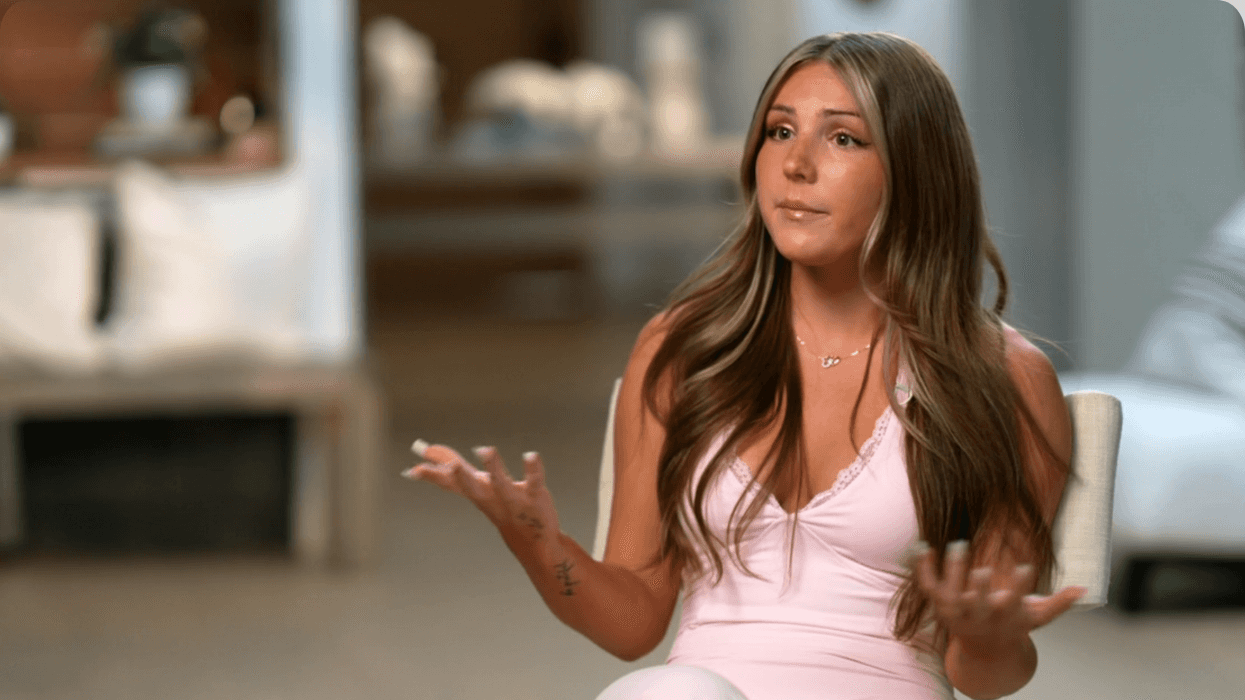I voted for Bernie Sanders in the Illinois primary.
I would most likely vote for him again if presented with another Clinton v. Sanders match-up.
At this point, we should all praise him for the political momentum he has left us with: a new, vigorous, youthful generation of people who are politically energized toward reform and the betterment of society.
Bernie Sanders' presence on the national stage has catalyzed a real grassroots movement for us; however, it is one that needs time to mature. A real political movement starts from the ground up, not the top down, and as we head to the polls this fall, I implore all my fellow Bernie supporters to remember that fact.
Because, as a Bernie voter who is queer, I must proudly vote for Hillary Clinton in November.
Having attended the Democratic National convention this week and watched the divisiveness within the party, I see the unabashed necessity of this choice. There is no option for a third party insurgency at this point. Because this year, we should all be voting for president out of fear.
I have been told by others--mostly white, cis-gendered, straight, male voters (and yes, I'm aware I fit four of those five categories)--that the two-party system engineers fear to make us fall in line, and that it is purer, more admirable, to vote against the system by choosing third party candidates. This sentiment was strong at the DNC. It was heard in the protests and boos on the floor of the convention; it was felt in the thickness of the atmosphere in the caucus meetings. I must admit, there are many times in the past that I would have agreed with this notion. But no, not this time. Too many people don't have the luxury of protest voting--not when this much is at stake.
This time the fear is real. It is tangible. This fear has not been illegitimately engineered to court votes for elites; the horror that the Republican platform contains for those of minority status is real. The Republican party wants mass deportation. They want to rescind religious freedom. They want to undercut the Supreme Court's decision on gay marriage and suspend a woman's right to choose. They believe that public education should be defunded.
If they make it to the White House, our most vulnerable communities will suffer first, harder, and longer than any other.
This is why we need to unify. Every community that has been systemically oppressed and marginalized must come together to defeat Donald Trump. Love her or hate her, Hillary Clinton will allow for enough stability for us to continue our grassroots movement.
Over the next four years, we must support alternative party candidates for state and local offices. We need to start building local party coalitions. We need to run for office ourselves. We need to elect governors and senators and run them for the White House. We need to win. That's how we create lasting change.
None of that can happen under Trump.
If anyone understands how this process works, it is our LGBTQ community. There was one element of my trip to the DNC that gave me so much hope. That was attending the LGBTQ caucus.
The caucus room was by far the most accepting, compassionate, and demographically diverse room I saw at the DNC. No protests. No booing. No fighting. Just a room of people, united in real encouragement and support of the differences among us, and the processes we must take to ensure our rights.
Whether we supported Hillary or Bernie, all of us in that room were a family ready to fight. I am proud to be a member of the LGBTQ community and was so deeply humbled by the love and light that this room brought to an otherwise gloomy election year. We, as queer people, must spread the messages of our experiences with the system--specifically the patience with which we must engage with the political process--and act as a model for lasting reform.
Because, after all, we know how to get stuff done. And now is the time to take it one step further.
Derek Elliott Bagley is a lifelong Chicagoan. He holds a bachelor's degree in government from Skidmore College in upstate New York, and is currently a candidate for his master's in interdisciplinary studies at DePaul University. He works in nonprofit development for organizations modernizing voting laws and increasing youth voter engagement.






























